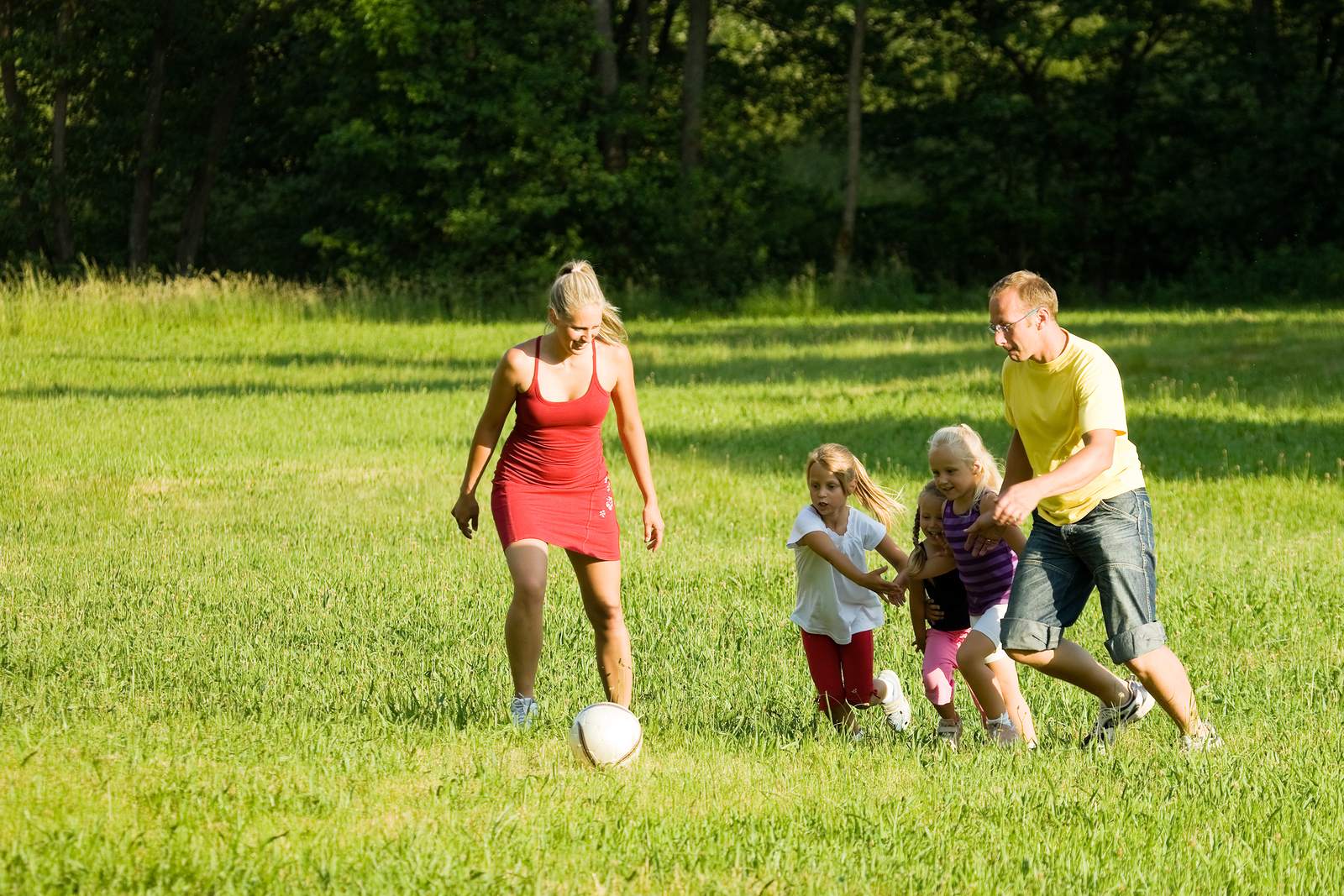Laughter is Good Medicine
The old Proverb goes (Proverbs 17:22), a joyful heart is good medicine. Nothing brings change to the atmosphere like genuine laughter. Whether it be amongst friends, family, with your children or watching a comedy alone, laughter undoubtedly is good medicine. I must admit that a child’s laughter is more contagious than a yawn. Whether blowing raspberries on a baby's belly, putting on a silly hat and chasing your 3-year-old, or pretending to fall to amuse a first-grader, laughter brightens a family’s life.
It important as parents that we create an environment in our home that is joyful and full of wholesome laughter. Laughing together is a way to connect, and a good sense of humor also can make kids smarter, healthier, and better able to cope with challenges.
A good sense of humor is a tool that kids can rely on throughout life to help them:
1. see things from many perspectives
2. be spontaneous
3. grasp unconventional ideas or ways of thinking
4. see beyond the surface of things
5. enjoy and participate in the playful aspects of life
6. not take themselves too seriously
Kids with a well-developed sense of humor are happier and more optimistic, have higher self-esteem, and can handle differences well — from moving to a new town, to teasing, to even bullying. Though humor is no substation for communication, it is another mechanism used in everyday life. A good sense of humor doesn't just help kids emotionally or socially though. Research has shown that people who laugh more are healthier — they're less likely to be depressed. They experience less stress; have lower heart rates, pulses, and blood pressure; and have better digestion. Laughter may even help humans better endure pain, and studies have shown that it improves our immune function.
Of course I must throw out a disclaimer. Laughing with or at? Ephesians 5:4, “ Let there be no filthiness nor foolish talk nor crude joking, which are out of place, but instead let there be thanksgiving”. You don't want to rain on their parade, but kids need boundaries when it comes to humor, just like they do in other areas. You don't want to encourage mean-spirited or off-color jokes, so be a good role model. If someone tells a hurtful or inappropriate joke, don't laugh. Take the time to explain to your child why that joke isn't funny. Have them understand that laughing at some ones expense is hurtful. Discourage humor that is perverse and demeaning to race or gender.
Humor is social. Have fun as a family. Share jokes, play games, and watch funny movies together. Take time to laugh with your toddler, 3rd grader, preteen and teenager. Purposely create moments that allow for joyful interaction. Enjoy your kids.
Excerpts from Child and Adolescent Psychologist Wayne, PA


Comments
Post a Comment